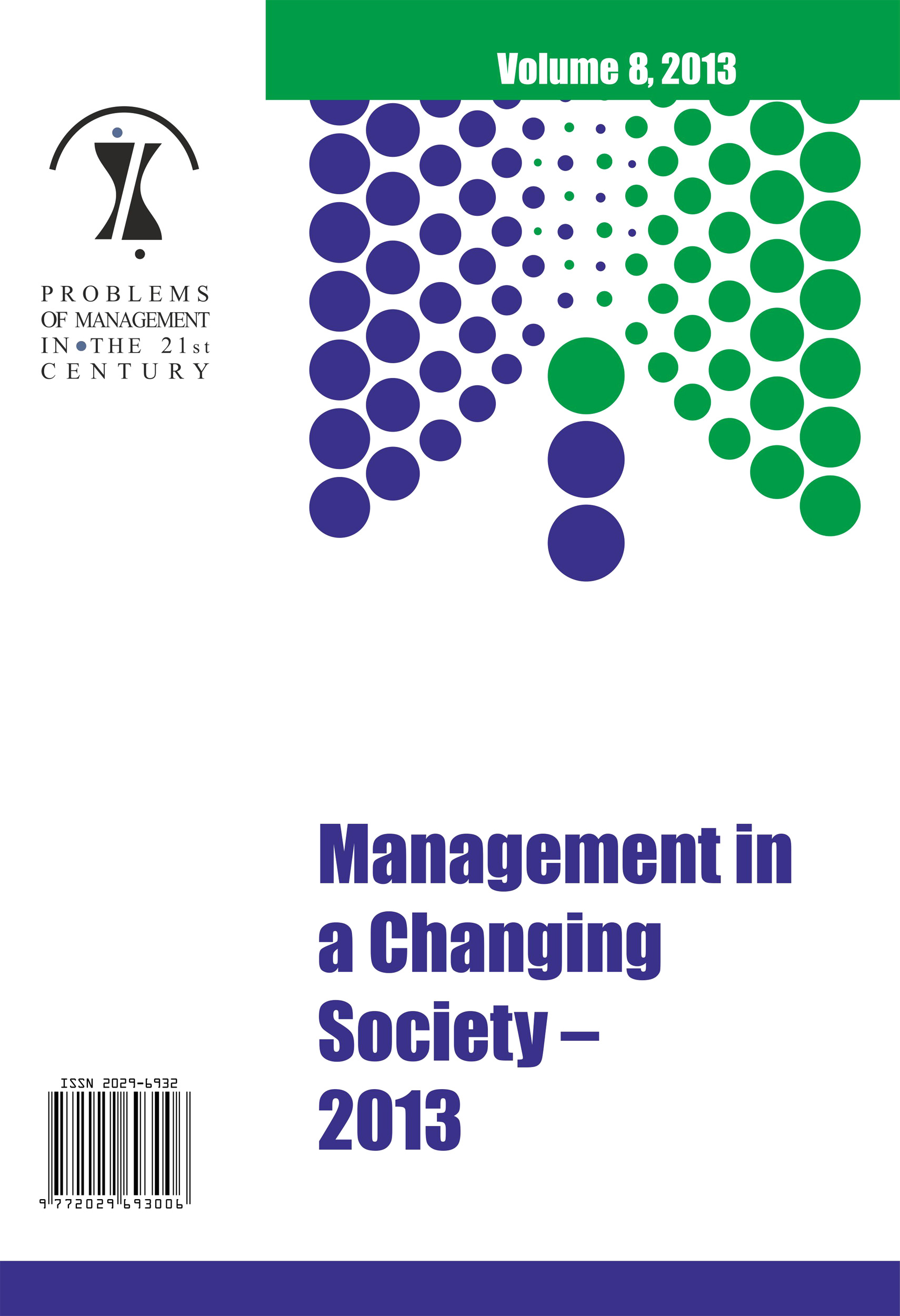TEACHERS’ PERCEPTIONS OF THE CONSEQUENCES OF INTERPERSONAL CONFLICT: A CASE STUDY IN THREE PRIMARY SCHOOLS
TEACHERS’ PERCEPTIONS OF THE CONSEQUENCES OF INTERPERSONAL CONFLICT: A CASE STUDY IN THREE PRIMARY SCHOOLS
Author(s): Gerard Cain, André du PlessisSubject(s): School education
Published by: Scientia Socialis, UAB
Keywords: Conflict; conflict theories; consequences; dysfunctional conflict; functional conflict;
Summary/Abstract: The purpose of this qualitative intrinsic interpretive case study, which formed part of a larger Master in Education Study, is to report on the perceptions of teachers in three primary schools regarding the consequences of conflict among educators. Fifty nine educators, including principals, participated in this study that utilised an open-ended questionnaire, semi-structured interviews and focus-group interviews. The rationale for this study was to ascertain what the perceived consequences of conflict are, in order that these schools as well as the district office of the Department of Basic Education could have a sense of what the perceived consequences are as portrayed by the participants. Hence, participants were able to tell their stories through using text and voice. The findings suggest that the consequences of conflict can be categorised as functional (positive) and dysfunctional (negative) outcomes, each with subsidiary themes. Overall, conflict was experienced as a negative force in general, that is perceived as causing defiant attitudes, intolerance, poor cooperation and teamwork, poor relationships, division of unity, poor morale and work ethic, has a negative impact on wellness, leads to absenteeism and ultimately adversely impact on the learners’ learning. On the other hand the positive consequences were improved relationships among staff, greater understanding, improved attitudes, positive change and even personal growth.
Journal: Problems of Management in the 21st Century
- Issue Year: 8/2013
- Issue No: 1
- Page Range: 25-41
- Page Count: 17
- Language: English

